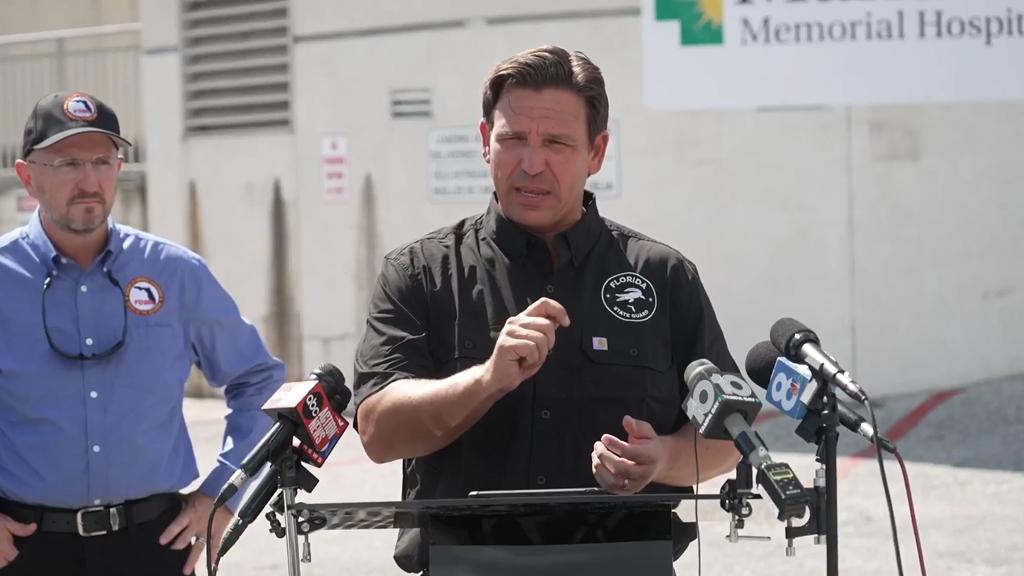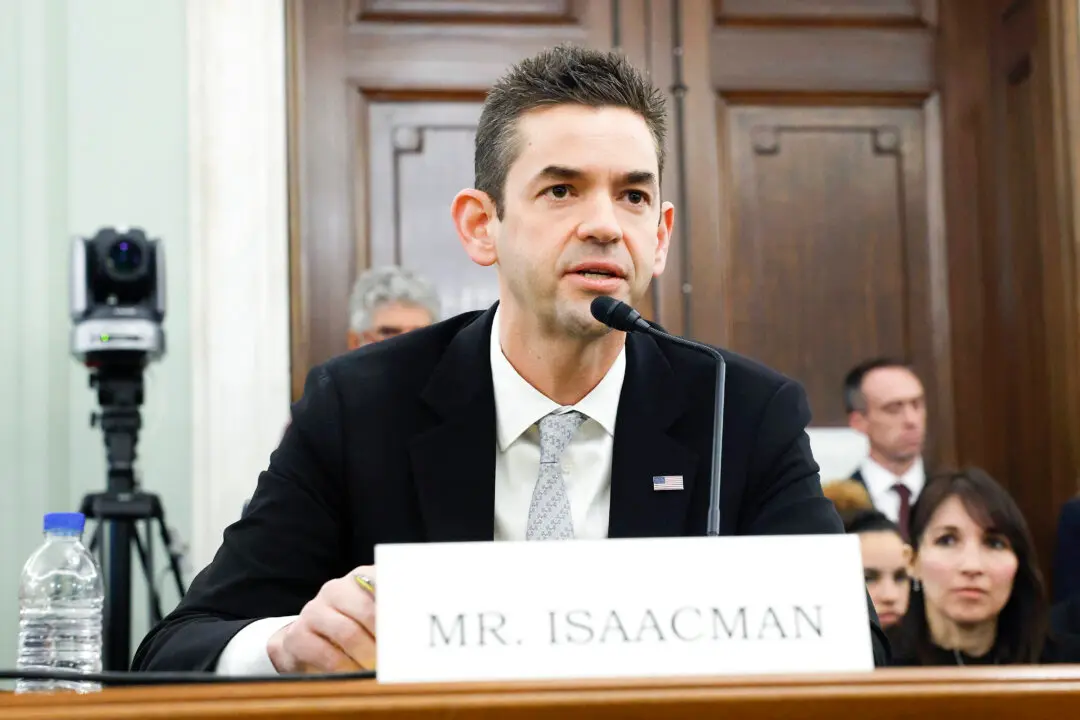Floridians whose homes were lost or severely damaged during Hurricane Helene can receive property tax relief this year, Florida Gov. Ron DeSantis told homeowners affected by the hurricane.
“I have directed the Florida Department of Revenue to reinforce and distribute guidance to property appraisers to prorate property taxes for homeowners who lost their residence to Hurricane Helene,” Florida Gov. Ron DeSantis announced in Madeira Beach, Florida, on Oct. 2.





